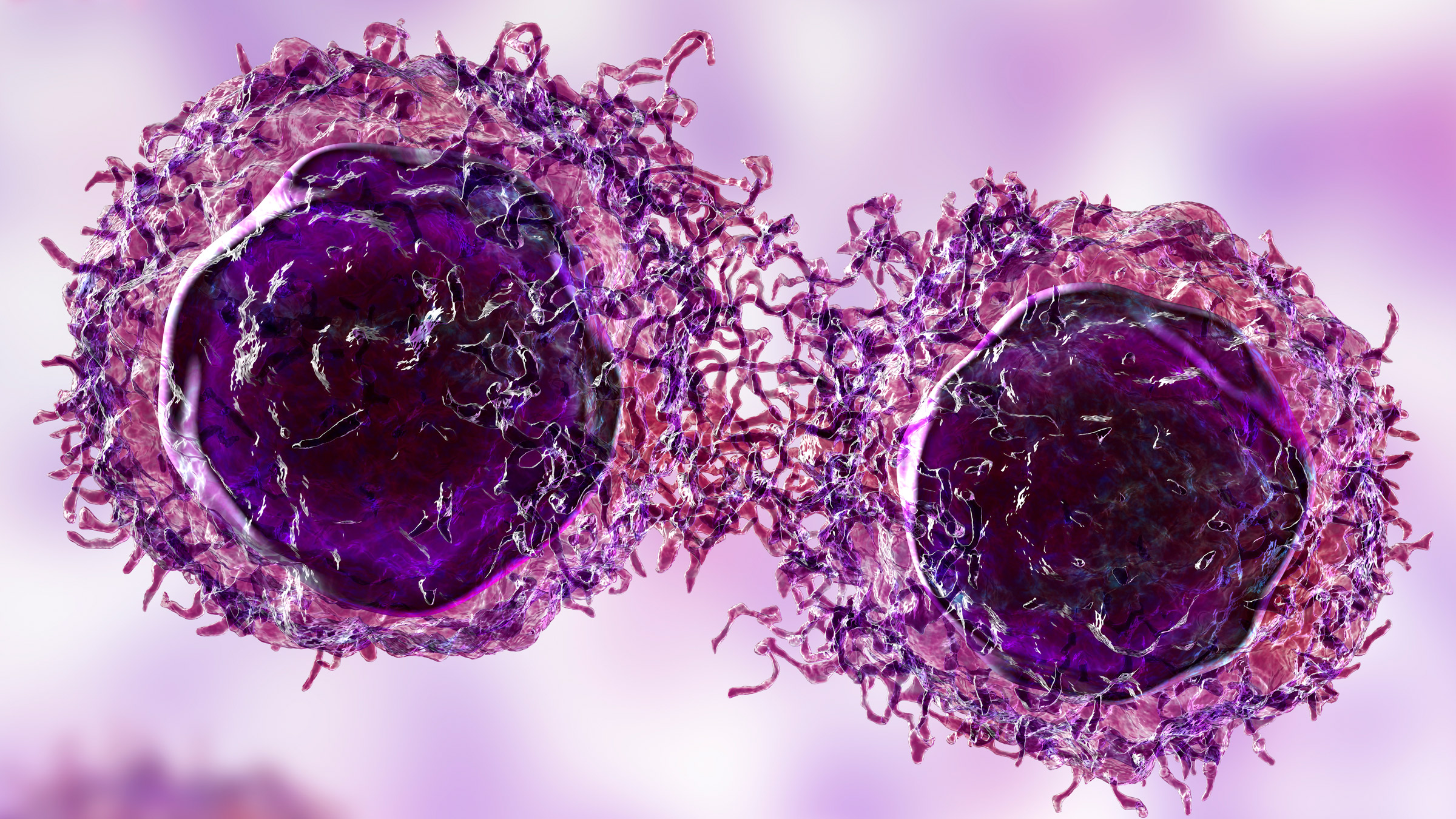Lipid Metabolism as a Biomarker for Oral Cancer Diagnosis

Oral cancer is a malignant tumor affecting the lips, tongue, gingiva, floor of the mouth, palate, and buccal mucosa. It remains a significant global health concern, with high morbidity and mortality rates. The primary method of diagnosis is a pathological biopsy, which, while effective, is highly invasive and not suitable for early screening. This has led researchers to explore non-invasive diagnostic approaches, particularly those based on molecular markers found in body fluids such as blood and saliva.
Lipids play a critical role in various biological functions, including cell membrane formation, energy storage, and cellular signaling. Cancer cells undergo metabolic reprogramming to sustain rapid proliferation, and lipid metabolism is often altered in malignancies. This study investigates the potential of lipid-based biomarkers for the early detection of oral cancer by analyzing serum lipid profiles and identifying key metabolic pathways associated with the disease.
The study recruited 41 oral cancer patients and 41 healthy controls from a hospital in Southeast China. Serum lipidomic profiling was performed using ultra-high performance liquid chromatography coupled with Q Exactive mass spectrometry. The aim was to identify differences in lipid metabolites between the two groups and determine which metabolic pathways were most affected by the disease.
Metabolomic data analysis included statistical methods such as principal component analysis and orthogonal projections to latent structures-discriminant analysis to distinguish cancer patients from healthy individuals. Machine learning techniques, including the k-nearest neighbors algorithm, were used to develop a classification model based on selected lipid metabolites.
Key Findings on Lipid Metabolism and Oral Cancer
The lipid profiling analysis identified significant differences between oral cancer patients and healthy controls. Triglycerides accounted for the highest proportion of total serum metabolites, making up nearly 36% of the total. A total of 74 lipid metabolites were found to be significantly altered in oral cancer patients, with 12 being upregulated and 62 downregulated. The most notable metabolic changes were observed in phosphatidylcholine, acylcarnitine, and glucuronosyldiacylglycerol.
Functional enrichment analysis revealed that the most affected metabolic pathway in oral cancer was glycerophospholipid metabolism, which plays a crucial role in maintaining cell membrane integrity and signaling. Other significantly altered pathways included linoleic acid metabolism and glycerolipid metabolism. The disruption of these pathways suggests a fundamental shift in lipid processing in cancer cells, potentially supporting tumor progression.
Development of a Diagnostic Model for Oral Cancer
A predictive model was created using a machine learning approach that combined metabolite selection methods with classification algorithms. The k-nearest neighbors algorithm, incorporating 13 selected metabolites, achieved the highest predictive accuracy, with an area under the curve of 0.978. This indicates strong potential for lipidomic biomarkers in distinguishing oral cancer patients from healthy individuals with high sensitivity and specificity.
Logistic regression analysis further confirmed that specific lipid metabolites were strongly associated with oral cancer risk. Elevated levels of phosphatidylcholine and glucuronosyldiacylglycerol were linked to an increased likelihood of developing oral cancer, while reduced levels of acylcarnitine and certain triglycerides were associated with a lower risk.
These findings highlight the potential of lipid metabolism as a diagnostic biomarker for oral cancer. By using non-invasive blood-based tests, early detection may become more accessible, improving patient outcomes through earlier intervention.
To learn more, read this!: Identification of novel serum lipid metabolism potential markers and metabolic pathways for oral cancer: a population-based study | BMC Cancer | Full Text

